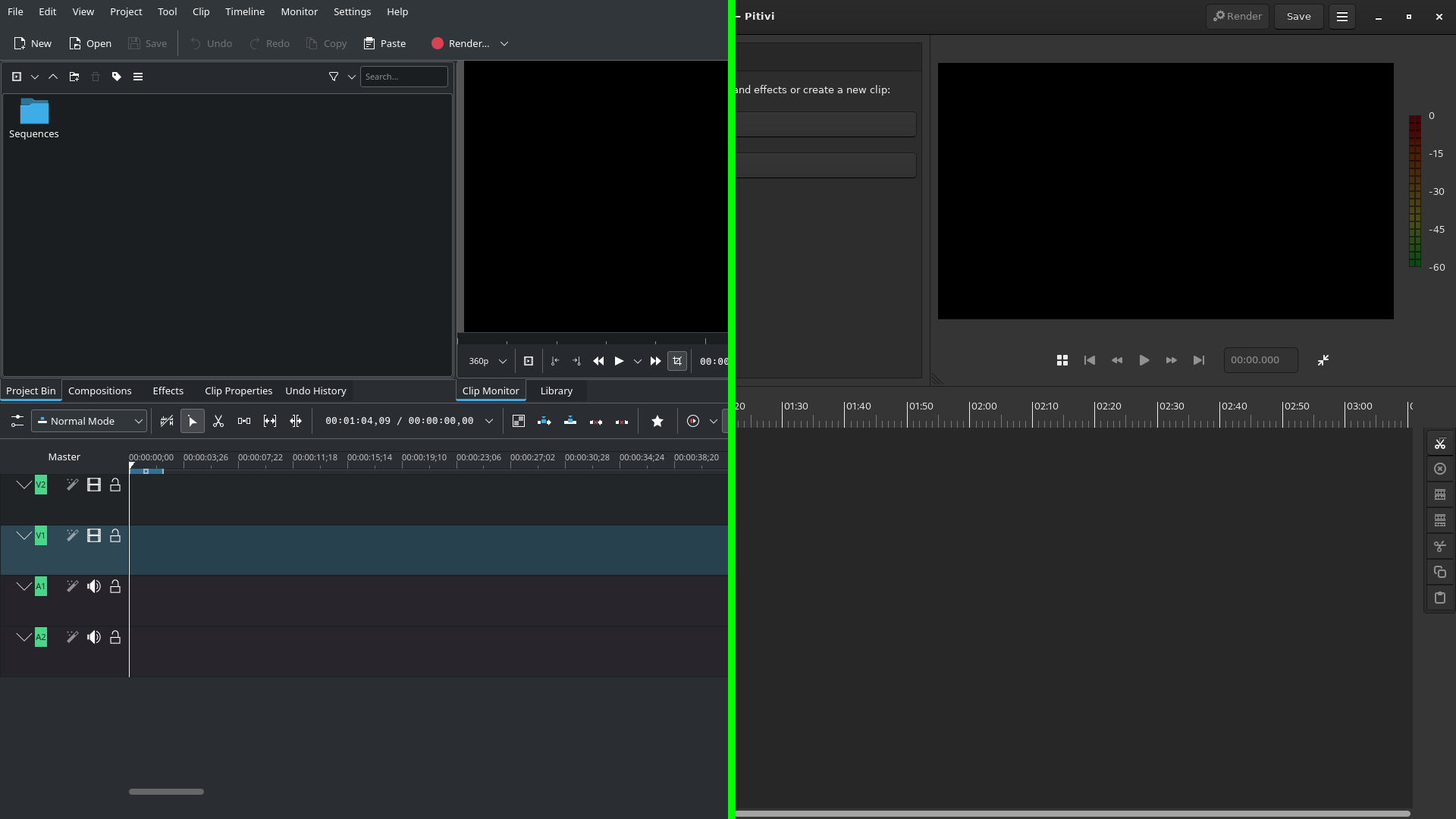this post was submitted on 30 Aug 2023
45 points (75.3% liked)
Linux
53156 readers
1228 users here now
From Wikipedia, the free encyclopedia
Linux is a family of open source Unix-like operating systems based on the Linux kernel, an operating system kernel first released on September 17, 1991 by Linus Torvalds. Linux is typically packaged in a Linux distribution (or distro for short).
Distributions include the Linux kernel and supporting system software and libraries, many of which are provided by the GNU Project. Many Linux distributions use the word "Linux" in their name, but the Free Software Foundation uses the name GNU/Linux to emphasize the importance of GNU software, causing some controversy.
Rules
- Posts must be relevant to operating systems running the Linux kernel. GNU/Linux or otherwise.
- No misinformation
- No NSFW content
- No hate speech, bigotry, etc
Related Communities
Community icon by Alpár-Etele Méder, licensed under CC BY 3.0
founded 5 years ago
MODERATORS
you are viewing a single comment's thread
view the rest of the comments
view the rest of the comments

Yeah, people mix and match applications all the time, and they don't look too out of place to begin with these days.
I've personally used kdenlive on Mac OS, and it seemed to work fine for what I needed to do (even though I didn't really know what I was doing). Not sure if Pitivi is available on homebrew.
I don't think it's on Homebrew, but it is available on Nix. Nix has a much bigger repository comparable to the AUR and you can use it as a normal package manager.
Ooh, I need to look into that. Work won't let me use Linux so I'm using the Mac for work stuff. I try to use the same applications I use on my personal Linux machines anyway.
Nix is a big rabbit hole. You can use it as a normal package manager, but there's a lot more.
You can also use nix-shell to temporarily install packages, it drops you into a shell with your package and that package is gone when you exit the shell. You can also declare a shell using a shell.nix file with environment variables and packages you want (including specific versions) and enter that shell by running nix-shell.
You can also declare your full user environment using nix home manager. Using a home.nix file you can list packages you need and configure everything. That also makes it easy to backup your user environment by just copying the home.nix file.